Menu
Do you have dry patches on your lawn? Before reseeding, it is advisable to familiarize yourself with different grasses, like fescue and Bermuda. Although these grasses grow on lawns across the country, knowing the differences can help you choose the most suitable for your yard. If you have scheduled a reseeding or planting project lined up, Driscoll Tree Service is the go-to tree care company for professional help. Leverage our extensive knowledge and expertise to determine the best grass type for your home.
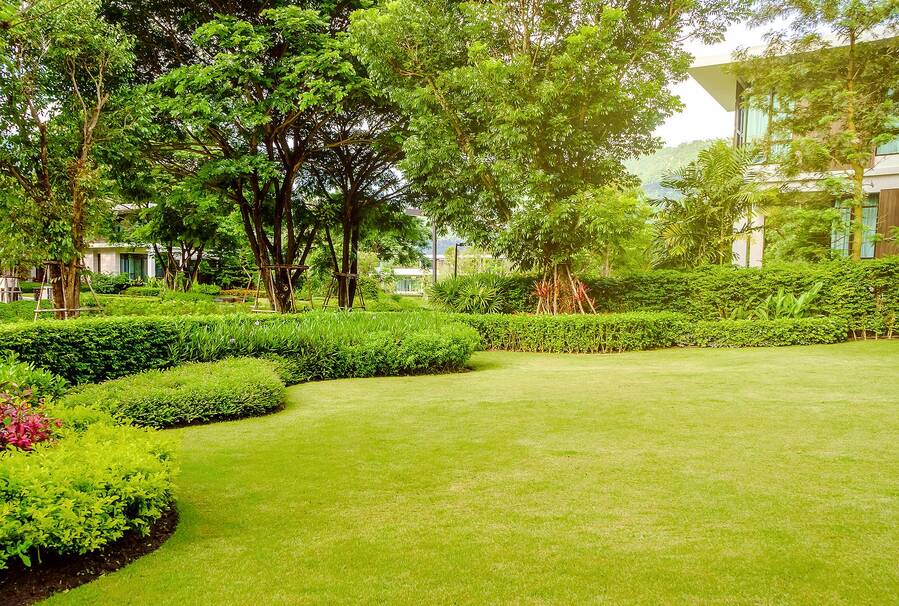
Bermuda grass is a popular option for warm climate areas, as it withstands extreme heat and drought. Tree service providers recommend Bermuda grass for Hardy Zones or lawns with a soil PH of 6 to 6.5. Before planting Bermuda grass on your lawn, schedule an inspection with a trusted tree service provider. This allows professional arborists to test your soil and account for vital factors like climate and hardiness zones.

Bermuda grass is popular because of the deep green hue that makes lawns look vibrant and lush. In addition, it can withstand high foot traffic, heat, drought, and excessive salt, making it an ideal option for yards in warm climates. As mentioned, consulting an expert before growing Bermuda grass is advisable to ensure a thriving landscape.
While there are advantages to Bermuda grass, it requires more maintenance. This means frequent weeding and watering to ensure it remains healthy. It would help if you also mowed regularly at about 1 ½ inches tall so your lawn doesn’t look shady. If you prefer a more hands-off approach to maintenance, consult a trusted tree care company for help.
Fescue grass thrives in cool climates but is also hardy depending on the environment. We recommend this type of grass for hardiness zones two through seven, as it can withstand colder temperatures. The long, complex root system strengthens fescue grass, allowing you to enjoy outdoor activities without damage. This cold-climate grass grows best in soil with a PH ranging from 5.5 to 7.5.
Fescue is a hardy, durable grass that withstands cold winters and hot summers. The deep roots provide sufficient anchorage, supporting high foot traffic without frequent maintenance. However, scheduling care and maintenance ensures your lawn is healthy throughout the year. Fescue grass grows in clumps, so mowing and watering are not conducted regularly.
Fescue grass requires minimal maintenance, which is an advantage and a downside. If left unchecked, this type of grass can grow several feet. It can look less vibrant in the summer, compromising curb appeal. If you want a healthy, appealing lawn year-long, consider hiring a professional for maintenance.
Now that you know the differences between fescue and Bermuda grasses, contact us at Driscoll Tree Service to help you determine the most suitable lawn. Our certified arborists account for sun tolerance, shade, appearance, sod and seed options, among other factors, to guarantee an appealing lawn.
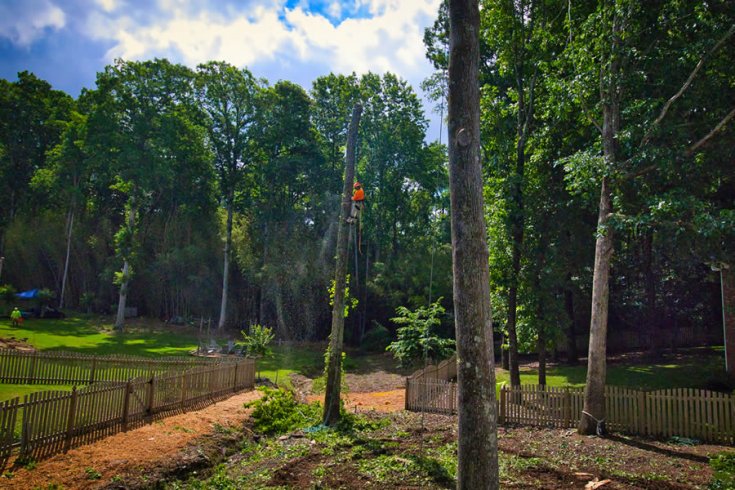
How to Tell if a Tree is Dead or Dying Trees are a valuable addition to any landscape; after spending a lot of time with them, you can tell when something is off. Some signs of damage can be detected…
Read More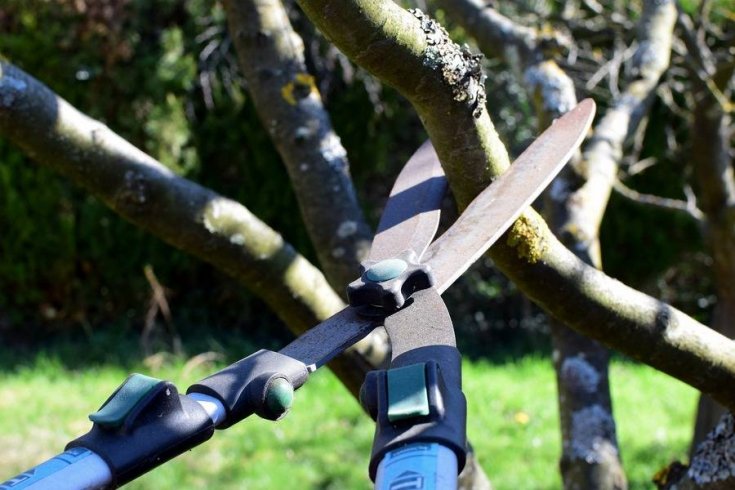
3 Commonly Used Tree Trimming Tools Trees offer many benefits, making them a valuable addition to any landscape. Like most living things, proper care is vital for growth and development, hence the need to schedule routine inspections with a professional…
Read More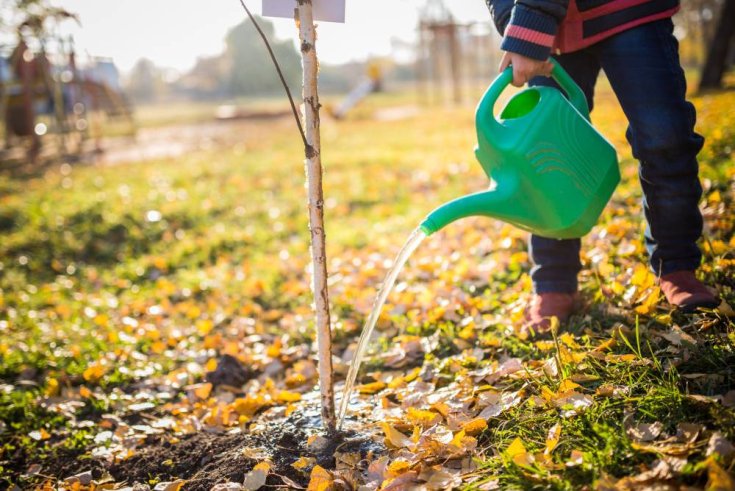
The Best Way to Water Trees Trees are silent giants in our environment that require proper care to thrive. One of the most crucial aspects of their care is watering. Watering trees may seem straightforward, but some specific methods and…
Read More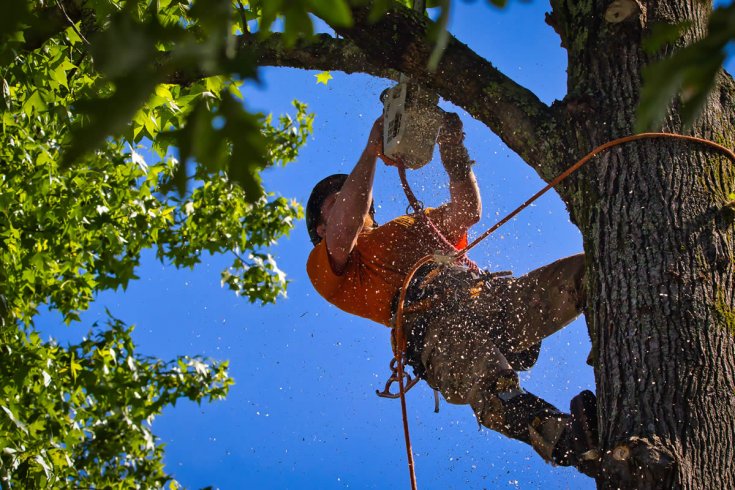
Why You Need an Arborist to Prune Your Trees Tree pruning is a vital part of property maintenance, but it's not a job for everyone. Mistakes made while pruning or trimming your trees could result in poor tree health, property…
Read More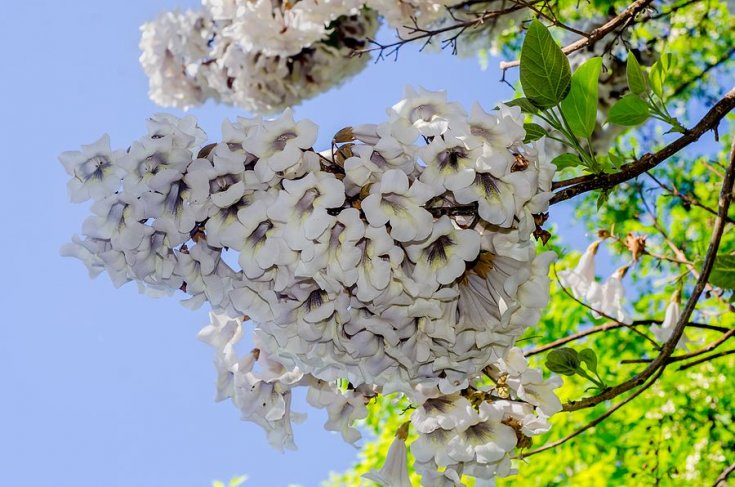
3 Types of Tree Flowers There’s nothing more spectacular than the fantastic spectrum of colors as different trees bloom. Whether you appreciate the distinct scent of blooming pine cones or despise the memory of stepping on mushy fruits, trees don’t…
Read More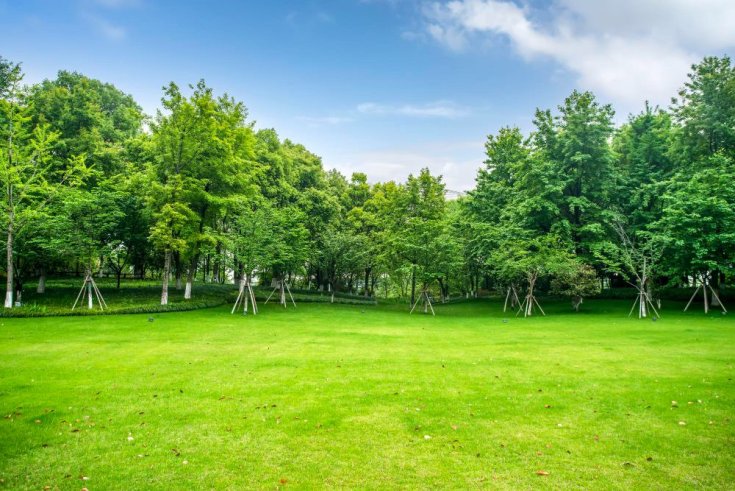
Most Interesting Facts About Trees Trees provide more than just clean air for the planet; they are entities that have been around for many years, bearing witness to Earth’s rich history. As a professional tree care company, the Driscoll Tree…
Read More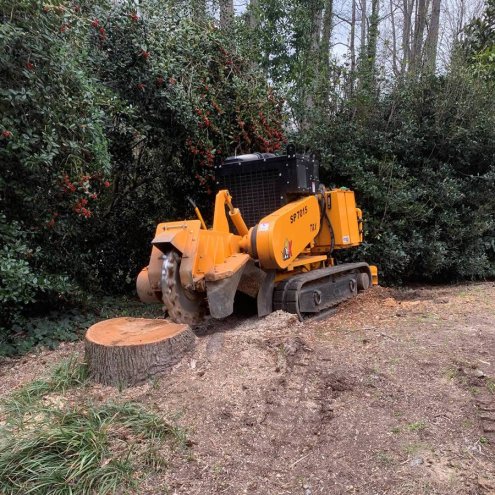
How Much Does It Cost to Grind a Tree Stump? Tree stumps may not raise concerns initially but compromise the aesthetics and safety of your yard. If you have an unsightly leftover on your property, grinding is as an efficient…
Read More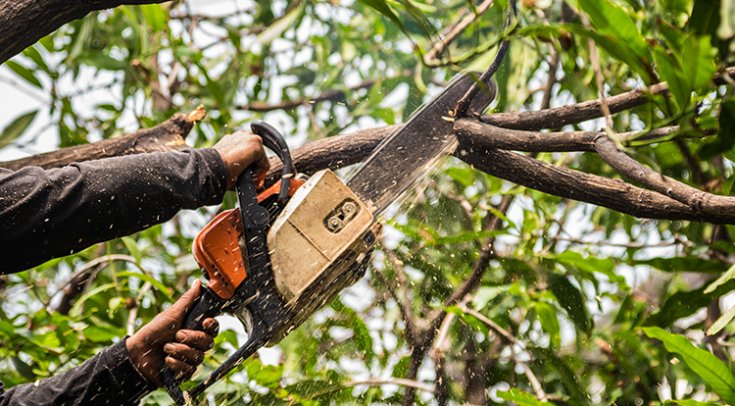
Guide to Trimming Trees Near Power Lines If there’s one piece of advice we could give about trimming trees near power lines, it would be this: leave it to the trained and experienced professionals. Working around live power lines is…
Read More (1).jpg)
How To Reduce Heat Stress On Trees With summer right around the corner, many of us are gearing up for pool days, vacations, cookouts, and stocking up on sunscreen. Amid all this seasonal preparation, however, there's one important part of…
Read More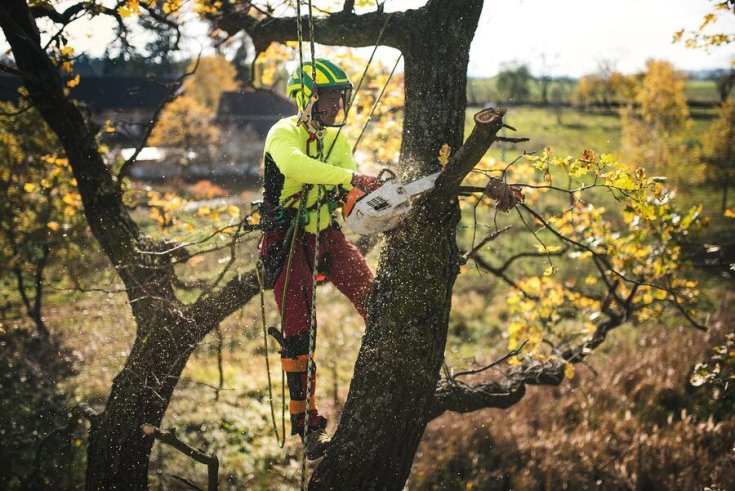
What Exactly Is an Arborist Report? Trees are a valuable addition to our environment, providing oxygen, curb appeal, shade, and a habitat for various species. However, when it is time for tree removal, especially protected ones, there are legal and…
Read More